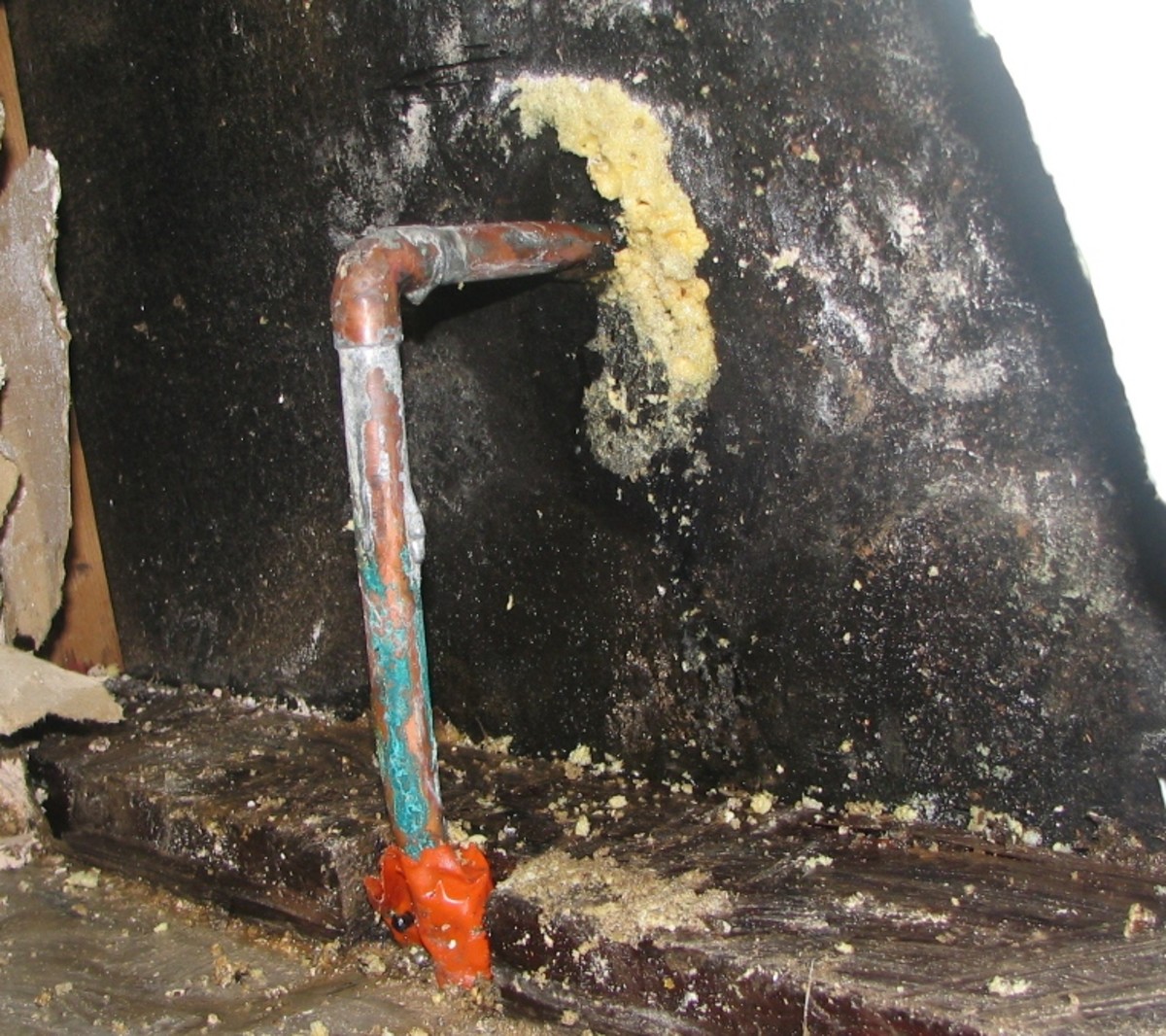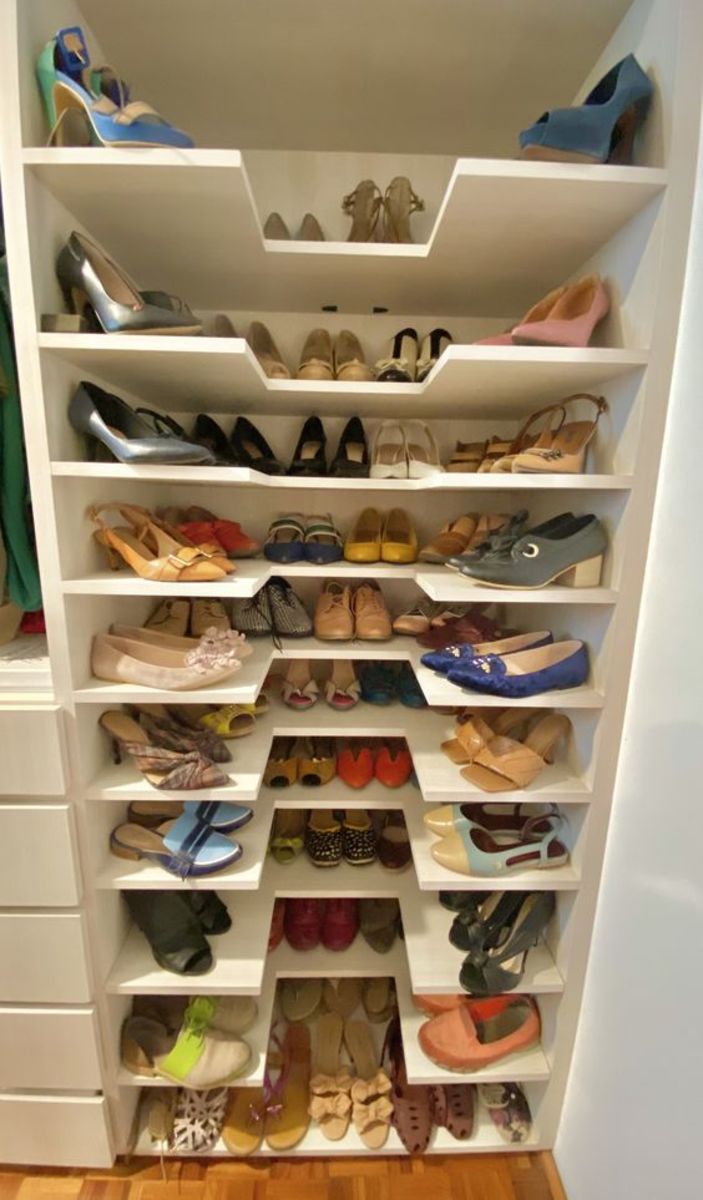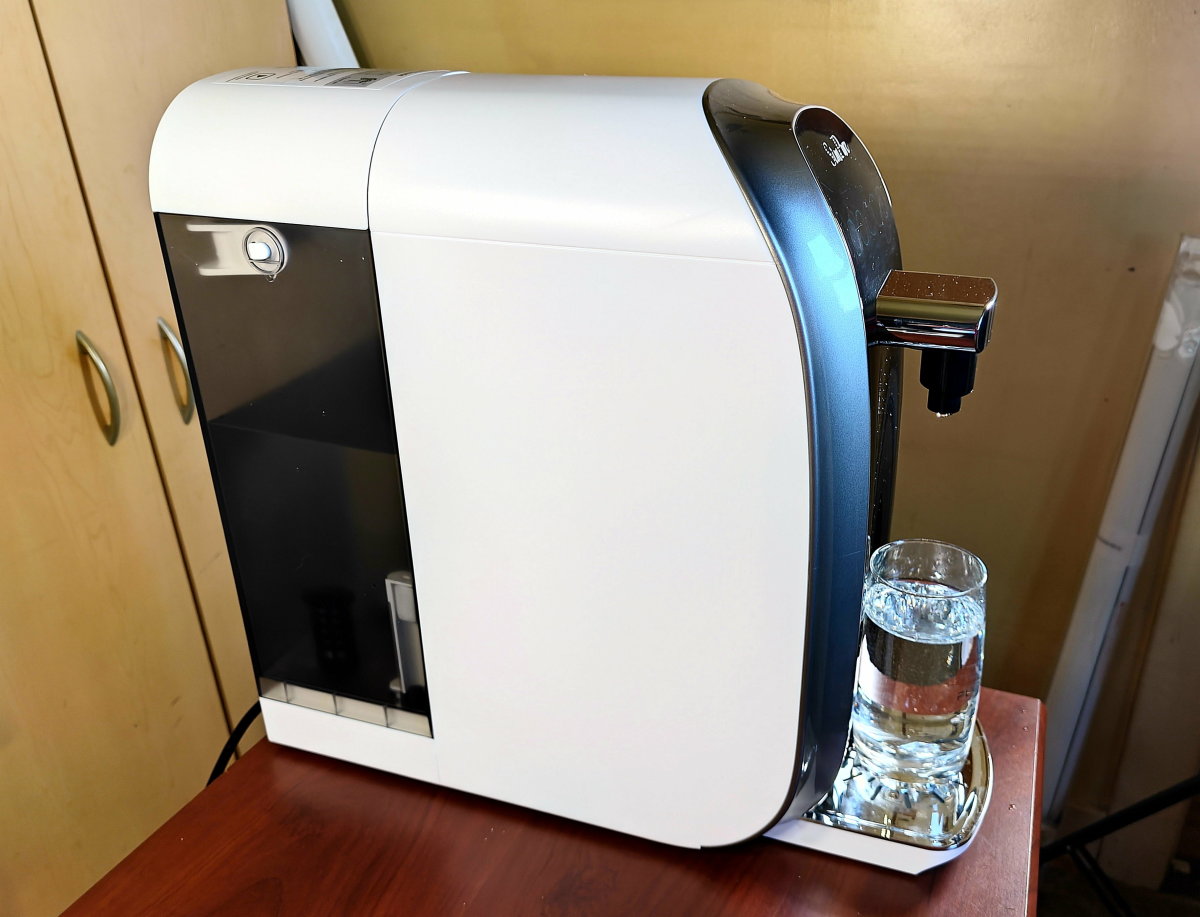How to Protect Your Rights as a Renter
by Kathy Batesel

Warning: Rental Agreements May Vary
Leasing a home or renting an apartment isn’t as risky as plunking down money to buy a house, but your choice can make the next year miserable if you miss out on important factors that are often overlooked by tenants.
Today, I am the landlord, but I've also been a tenant many times. One landlord tried to sue me for a couple thousand dollars, and several other landlords were problematic. (Problem landlords are one of the many reasons I now own instead of rent!)
I'll tell you a few of my experiences and explain why you should never overlook these critical factors.
Your View
Have you had a bad rental experience?
Lease Contract Terms
Landlords who manage their own properties can slip unusual clauses into a rental contract. When we met, my ex-husband was a single man who had leased his home without reading the paperwork. As our relationship deepened, I started spending weekend nights with him. His landlord discovered this and warned him that she would evict him if the practice continued. Rather than complying with the landlord’s requirement, he asked her to release him from his contract. She agreed, but withheld his security deposit because, she claimed, he’d used the fireplace. She’d also inserted a clause prohibiting that! (In truth, he hadn't built any fires in it, but had burned a newspaper to rid the flue of a wasp nest.)
Most leases have standard clauses that cover restrictions, obligations, and penalties:
Restrictions
- Parking requirements
- Number, size, and types of pets allowed
- How many people will live in the residence
- How long guests may stay on the property without written consent
- Making changes to the property without written permission
Obligations
- Utilities the tenant is required to pay for
- Maintenance of the property and/or grounds
- Deposits and monthly rental amount
- Date payments are due, and instructions on how to make them
Penalties
- Late payment fees
- What happens if the tenant breaks the lease
- Lost key replacement charge
Other terms might be added. I mentioned two unusual ones above - no overnight guests allowed at all, and not being allowed to burn a fireplace that's in the residence. Even if your prospective landlord isn’t an eccentric, these terms can affect your quality of life and prove costly if you don’t comply. Your state law may allow property owners and managers to assess fines or evict tenants and hold them responsible for the amount owing for the entire remainder of the contract.
If the property is in a subdivision, the property owner might have signed an agreement not to rent the property out at all. This will not be in the lease terms, and the property owner might not be aware of the restriction, but it could result in an unexpected eviction. Ask about whether a housing association exists, and if so, ask for a copy of its bylaws to see whether it allows its members to rent the property.
Once you sign an agreement, you're stuck with its terms. Don't sign it if you don't understand it or can't accept some of its terms.
Your Opinion
In the experience I had, what should the judge have decided?
Breach of Contract
That's what my former landlord tried to sue me for when I broke a lease just a couple of months into the one-year term. I counter-sued, claiming the landlord had breached the contract when they rented the apartment to me.
I was pregnant, newly single, and quite young. The property manager showed me two apartments - one with a gray color scheme that I'd originally asked if they had, and another one with beige carpet and brown counters. I decided to take the earth-toned apartment because the gray one smelled like dog urine and left me feeling queasy. We returned to the clubhouse, and I signed the lease.
I did not pay attention to the apartment numbers, so I hadn't noticed that she'd written in the number of the odorous apartment. When I picked up my key the following Monday and discovered that it was the apartment I did not want, she told me they'd already placed a different tenant in the other unit and I was locked into the contract. I tried to make the best of it, but my problems had just begun. As it turned out, the apartment was badly infested with roaches, and their exterminator refused to spray because of my pregnancy.
I contacted Legal Aid because I didn't have enough money to hire an attorney. I followed their instructions to the letter, which were nearly identical to the steps described in this article. I provided thirty days' notice that I was moving, and I signed a new lease elsewhere.
The landlord tried to sue me for ten months' rent and "double damages." Because I had learned about my states' laws from Legal Aid and followed their directions, the judgment didn't go against me. If it had, the landlord would have received about $4,500 in rent, doubled by the double damages permitted by law, plus court costs and attorney fees! A $10,000 judgment could have plagued my credit for decades.
Both a tenant and a landlord can breach the contract, but in most cases, the landlord understands the contract far better than the tenants who sign their leases, usually without bothering to read its terms.
Negotiate Your Rental Contract
If you see terms you dislike or want something added to the lease, you can negotiate for changes. Some contracts contain harsh penalties for terminating the lease early, for instance. If you know you might relocate for your job in five months, you could ask to include job relocation as a valid reason to terminate without penalty. This can save you thousands of dollars and preserve your credit rating if you get promoted (though you may be asked to put up an additional deposit or pay slightly higher rent in exchange).
Remember, every contract is negotiable, as long as the parties are both willing.
One other important detail that tenants should consider is the way repairs are completed. State laws require that a residence be habitable, which essentially means the home has:
- Adequate plumbing
- Sufficient water access
- Both hot and col running water
- Electrical service
- Reasonable temperature control to prevent health risks
- No conditions that create dangerous or unhealthy conditions
Landlords may be reluctant to make repairs, especially if they are costly. This can be worse if the property is managed by a rental company who must relay your request to the property owner. They may try to keep the owner's expenses as low as possible.
If the home you’re considering is managed by an agency, ask to see the property management agreement terms for repairs. This is the contract between the manager and the property owner. Some property managers will not order any repairs without the owner’s express written consent, while others obtain an agreement that their agency can authorize repairs up to a certain dollar amount. This means you’re less likely to face resistance for pesky problems that are certain to arise over the next year.
If the property owner represents himself, you can request a clause in the lease allowing you to do repairs up to a specified dollar amount, and to deduct the cost from your rent (as long as you provide written proof that you hired a professional to complete the job.) If he refuses, you can ask for references from prior tenants to call and inquire about their maintenance experiences, but this is riskier than having a written agreement. Never rely upon verbal promises from the landlord or a management company!
Check Your Tenant Savvy
view quiz statisticsTenant Checklist Before Signing a Lease
Sign your lease only after investigating these conditions. Finally, take photos of defects and make an exhaustive list of every minor flaw you can find in your new home on the day you take possession, and provide a copy to your landlord within three days. This is your best line of defense against unscrupulous property owners who attempt to keep security deposits unfairly. Use this checklist to make sure you haven't missed any important points:
1. Tour the actual property you are considering renting.
2. Read the full contract, including any homeowner association bylaws that can affect the owner's ability to rent to you.
3. Negotiate better terms if necessary.
4. Ask to see a property manager's authorizations to make repairs without a landlord's consent, if applicable. Otherwise, ask the landlord to insert a clause allowing you to deduct rent for necessary repairs you make.
5. Sign the lease only when its terms are acceptable to you.
6. Complete a thorough move-in checklist that notes even minor deficiencies.
7. Document those deficiencies with date-stamped photographs.









